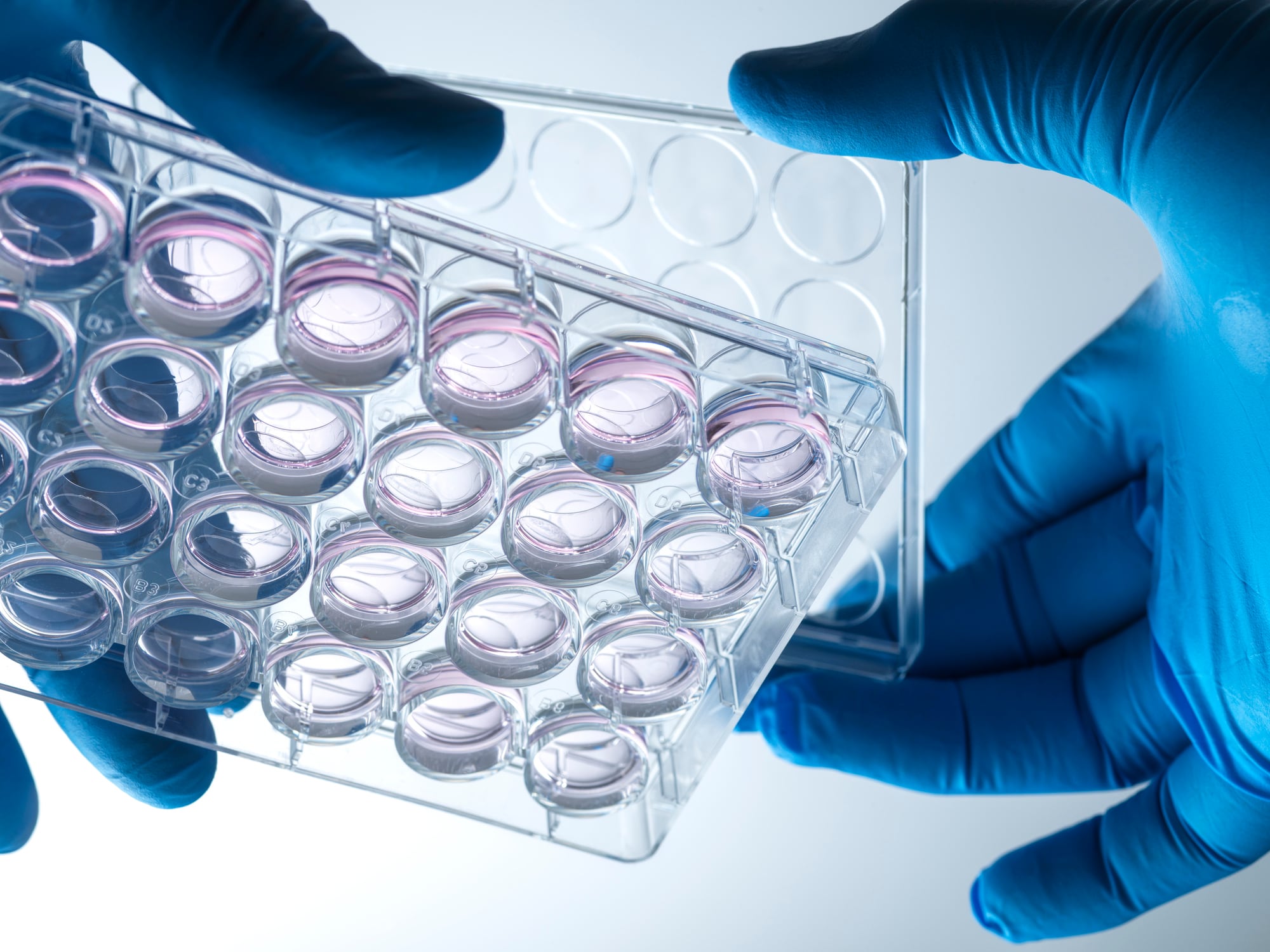This makes the Netherlands the first nation in the EU to permit public tastings of precision- and biomass-fermented products that fall under the EU’s novel food category.
Innovative fermentation-based foods are newly developed food ingredients, produced through biomass fermentation or precision fermentation. These ingredients have not yet been authorised for the EU market, either because they have not been consumed before or because they are produced using a novel, innovative technology.
In 2022, the Dutch government’s National Growth Fund allocated €60 million to advancing precision fermentation. Until now, one key challenge is that tastings (essential for new product development) have not been permitted for innovative fermentation-based foods before market authorisation.
The Code of Practice stipulates the requirements companies hosting tastings must abide by, including providing information on microorganisms, production processes, and nutritional and toxicological data. The first tasting events are anticipated to take place in early 2026.
In 2023, the Dutch government began developing a framework for evaluating cultivated meat products, allowing pre-market tastings that provided companies with valuable consumer feedback.
Dutch MPs later put forward a motion that urged the expansion of the existing Code of Practice for tastings of cultivated meat to also include innovative fermentation products.
“This was in recognition of the fact that a wide variety of fermentation-based startups are active or based in the Netherlands, and that the same support afforded to Dutch cultivated meat startups should also be afforded to these producers," a spokesperson from the Good Food Institute (GFI) told Food Manufacture.
“The key difference is the scope of the framework – the Code of Practice enforced since 2024 is exclusively related to premarket tastings for cultivated meat products.
“The new one applies the same principles - producers can organise pre-market tastings for their products before full EU authorisation, providing they meet certain criteria around safety - to fermentation-derived novel foods.
“As was the case with the 2024 framework, the new Code of Practice does not envisage the need for it to be approved by the EU before it is operational. The policy is a domestic measure introduced by the Dutch government, so we do not expect any further clearances required at EU level.”





